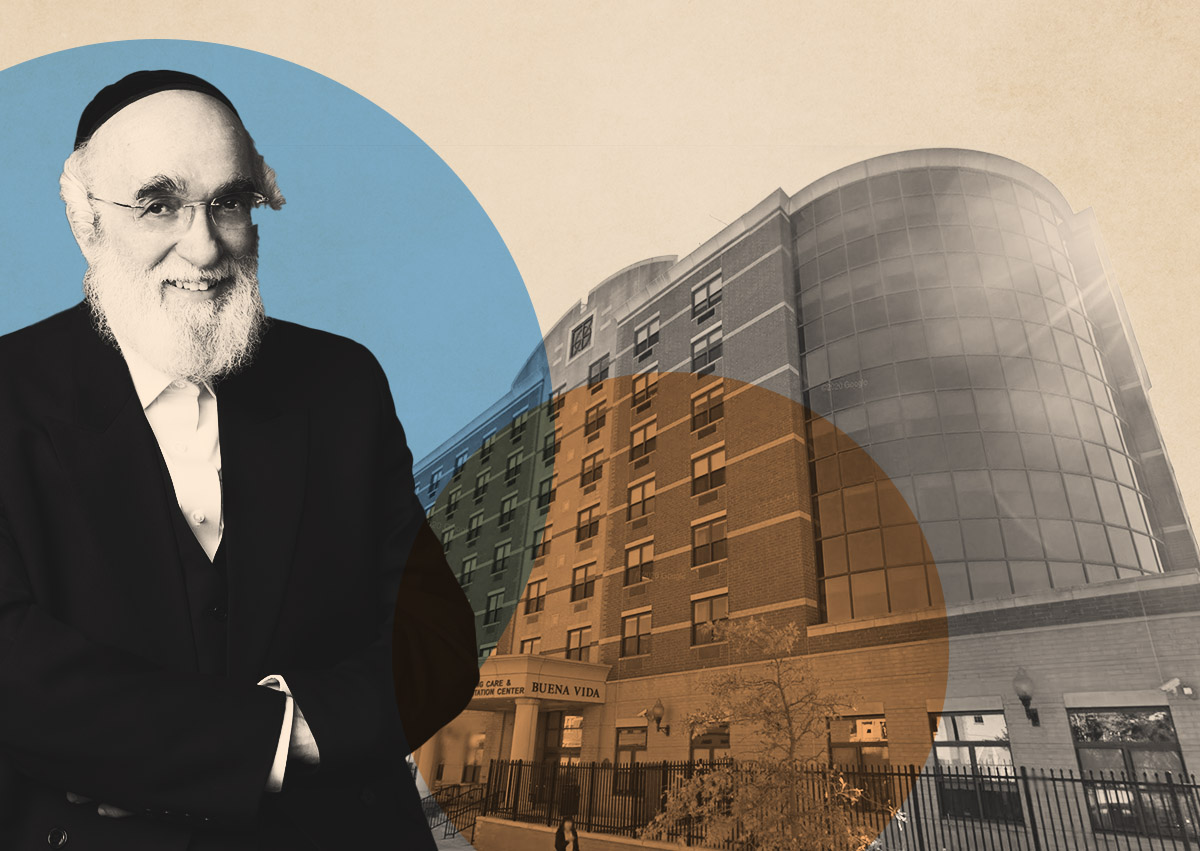The Long Island College Hospital development fight was one for the ages. But a decade after it was resolved with the state agreeing to sell the Brooklyn campus to Fortis Property Group, a war has erupted between the two.
Fortis and the State University of New York are leveling accusations against each other over the former medical campus in Cobble Hill, where Fortis’ redevelopment plans went awry.
SUNY alleged in a lawsuit this summer that Fortis failed to close on the second part of a $240 million deal, in which the developer planned six residential buildings, eight townhouses and up to 500 units. SUNY terminated the deal and is seeking $8 million that it claims Fortis owes for failing to close. It also intends to keep Fortis’ $7 million deposit.
But Fortis alleges in court filings that SUNY is the one who failed to honor its obligations.
SUNY agreed in 2014 to sell the Cobble Hill site to Fortis on the condition that the project include a medical facility, which NYU would build. Fortis says it selected NYU based on assurances that NYU would lease the property from Fortis at market rate.
After SUNY and Fortis signed a purchase and sales agreement, Fortis alleges NYU did an about face.
NYU instead wanted a different parcel within the Cobble Hill site to build its medical facility. Fortis claims the new location was the “crown jewel” of the entire development site.
Fortis alleges NYU wanted the land for free, so it would not pay rent to Fortis for leasing the space. Fortis would also be removed from the construction and leasing of the medical building. This essentially amounted to a $60 million freebie, according to Fortis.
Still, Fortis went ahead with NYU. Fortis alleges it received verbal assurances from SUNY, specifically SUNY’s vice chancellor (and Andrew Cuomo confidant) Jim Malatras, that Fortis would receive credits for the costs incurred. These costs included the loss of NYU’s market-rate rent.
Fortis, however, did not add these credits to any written sales and purchase agreements.
The developer alleges SUNY was concerned about bad press and possible legal action if the news got out. Fortis alleges SUNY was especially worried about a lawsuit from Don Peebles, a rejected bidder on the property, according to Fortis’ legal filings.
“No one, least of all Fortis, would have accepted the restructured terms absent the promise of compensating credits as SUNY’s demands made no economic sense,” Fortis attorney George Carpinello of Boies Schiller Flexner said in a statement.
In 2015, Fortis paid the $120 million it owed for the first half of the closing. Shortly afterwards, Fortis claims its principals, Louis Kestenbaum and his son Joel, had dinner with Malatras, who reaffirmed SUNY’s plan to credit Fortis for the costs. (Malatras, reached for comment, referred The Real Deal to SUNY.)
Fortis says those costs added up. The building was supposed to take two to three years to complete, but instead took nine. Fortis could not start construction on its neighboring residential tower, Two River Park, until NYU completed its facility because Two River Park was supposed to cantilever over the NYU building.
As a result of the delays, Fortis alleges it incurred carrying costs of more than $12 million and had to surrender Two River Park to its lender, Madison Realty Capital, losing $50 million in equity. It also alleges that NYU left a temporary hospital site leased from Fortis in abysmal condition. Fortis claims it lost about $96 million in all.
NYU declined to comment and has yet to address the allegations in court.
SUNY, however, did not hold back in responding. The state’s lawyer said in court filings that Fortis’ allegations are “expected for someone trying to avoid paying on its guarantee.”
He speculated that Fortis might not have the funds, is unable to get financing, or soured on the agreed-upon price because of the state of the market.
SUNY notes that Fortis’ purported verbal deal for credits is nowhere to be found in the purchase agreements. It’s also not in any other subsequent amendments. In any event, SUNY argues, an oral modification of a real estate sale contract is unenforceable.
SUNY said there is an “extraordinary lack of detail for an allegation of such a momentous change” to the parties’ agreement. Fortis does not specify in its lawsuit where or when the alleged conversations about the credits took place.
SUNY also disputes Fortis’ allegation about the condition of the temporary medical facility.
“Photographs Fortis tendered in support of its assertion actually show only rather minor issues, such as a few vinyl flooring tiles missing,” SUNY’s attorney said in a filing.
SUNY alleges Fortis never brought up anything about the credits in June when it wrote to SUNY explaining why the final closing should not go forward the next day.
The state closed Long Island College Hospital because it had been bleeding money for years. Bill de Blasio was arrested during his 2013 mayoral campaign for protesting the closure.
But once elected, de Blasio bowed to reality. Neither de Blasio nor the Cuomo administration wanted to keep subsidizing a money-losing hospital on what would be a lucrative residential development site in Brownstone Brooklyn.
It has not yet been lucrative for Fortis, but losing the Cobble Hill site would be a major blow to the company. Last year, Madison Realty Capital initiated a Uniform Commercial Code foreclosure on two development sites, 1 and 2 River Park, where Fortis planned to develop 48-unit and 102-unit apartment buildings. Madison ended up acquiring the properties.
Read more



Fortis still owns 5 River Park at 347 Henry Street and has sold about three-quarters of the project’s 25 units, according to its website.
The developer has even bigger problems in Manhattan. Its unfinished 60-story condo tower at 161 Maiden Lane in the Financial District has been stalled since 2018, when it was found to be tilting north. Fortis, its lender and its contractor are in litigation over who is responsible.
The firm is doing much better with its 76-unit Olympia Dumbo, which is on track to become the borough’s most expensive condominium on a per-square-foot basis.
